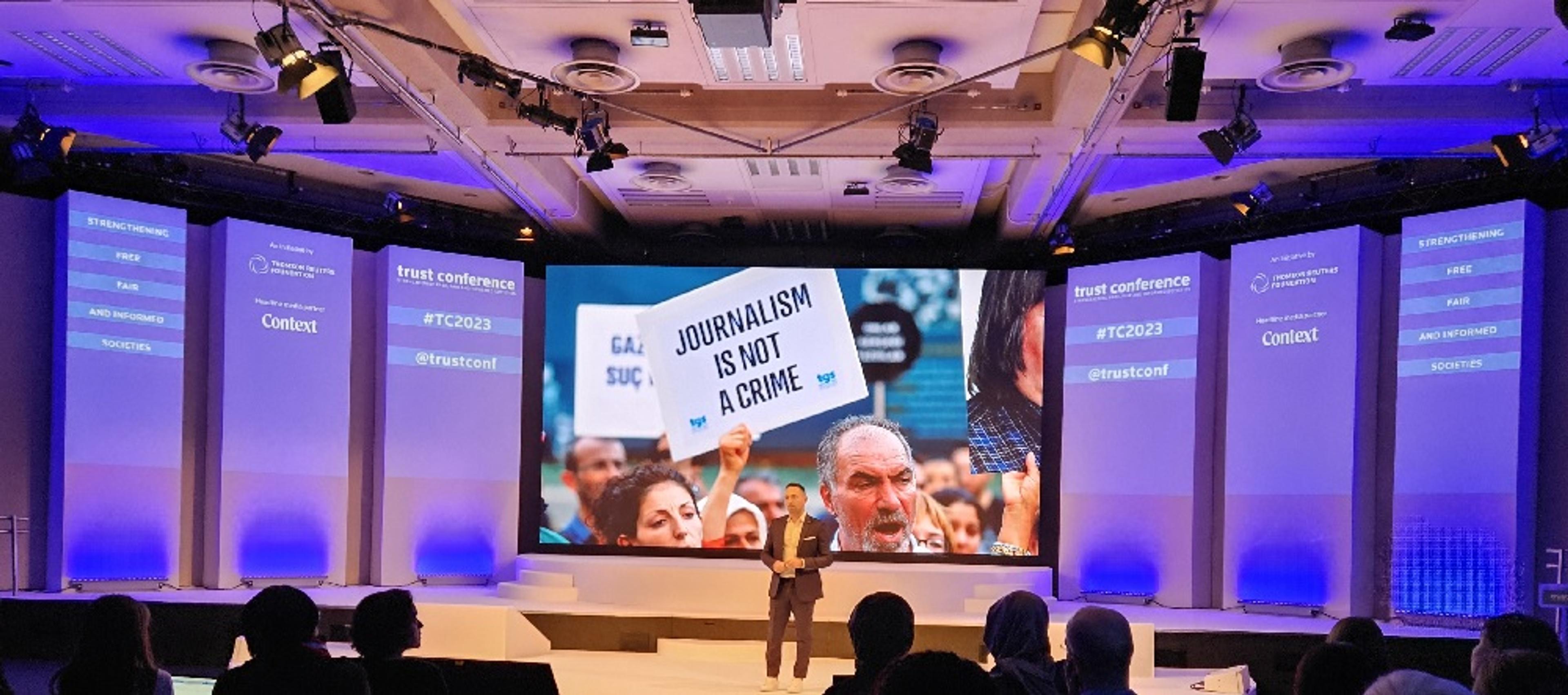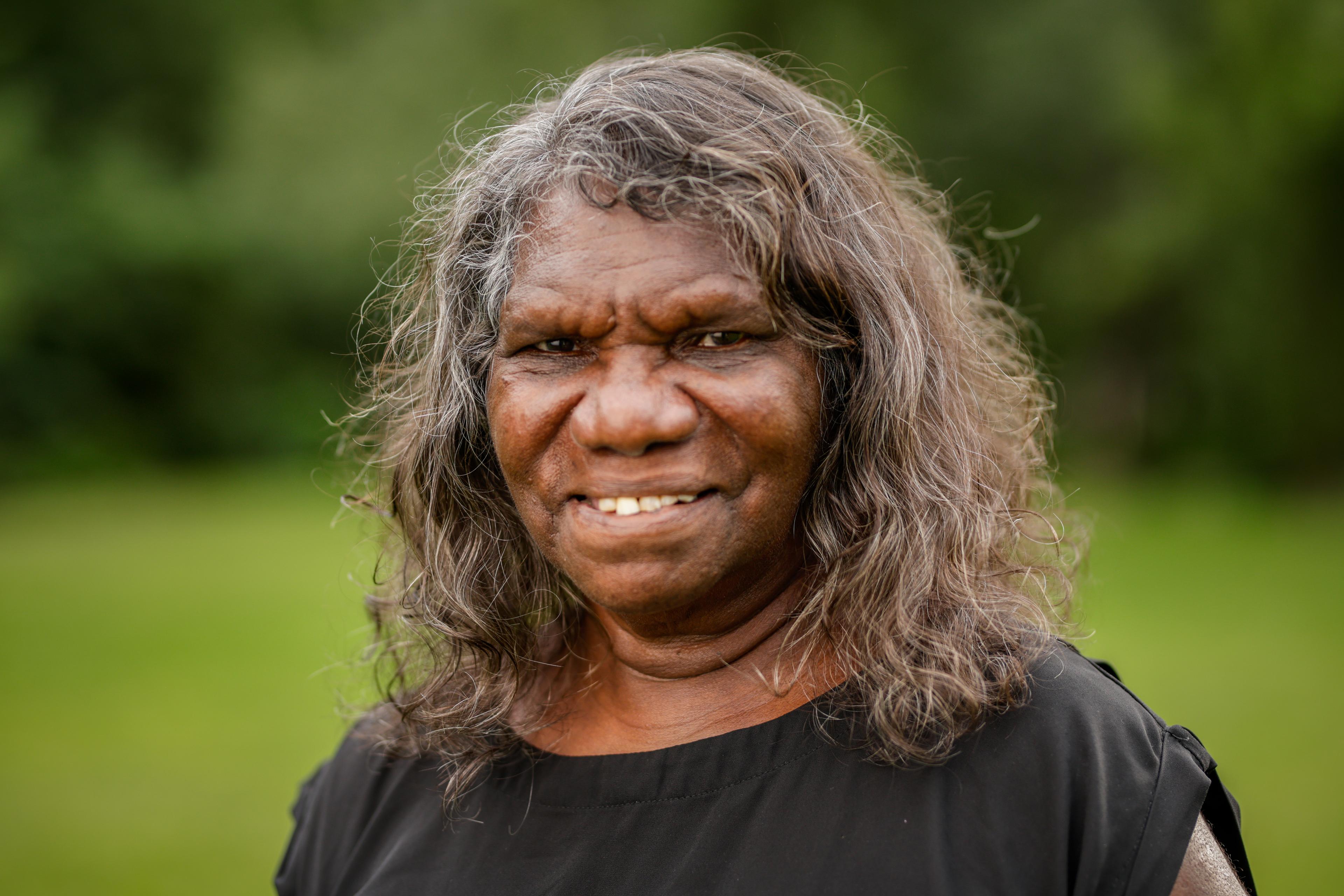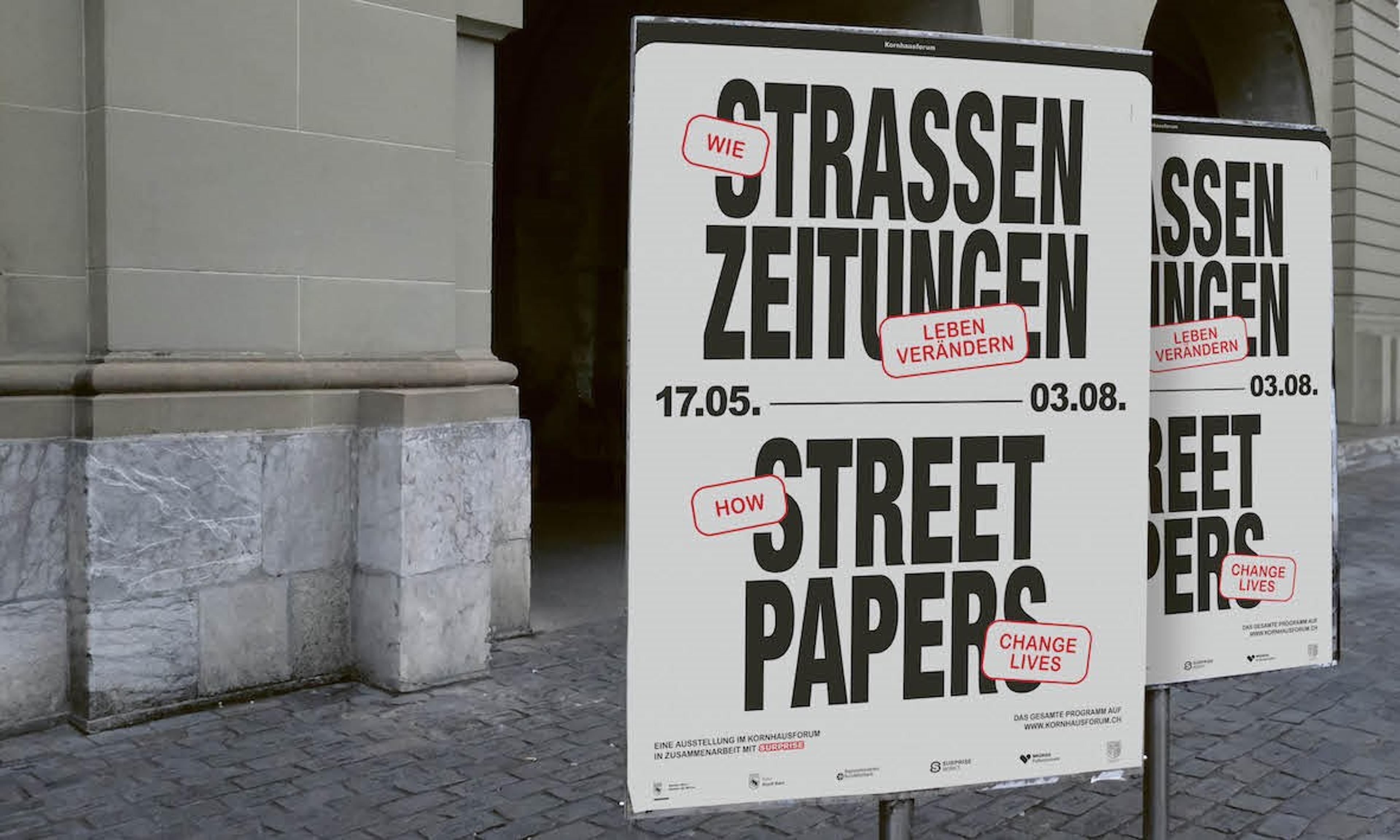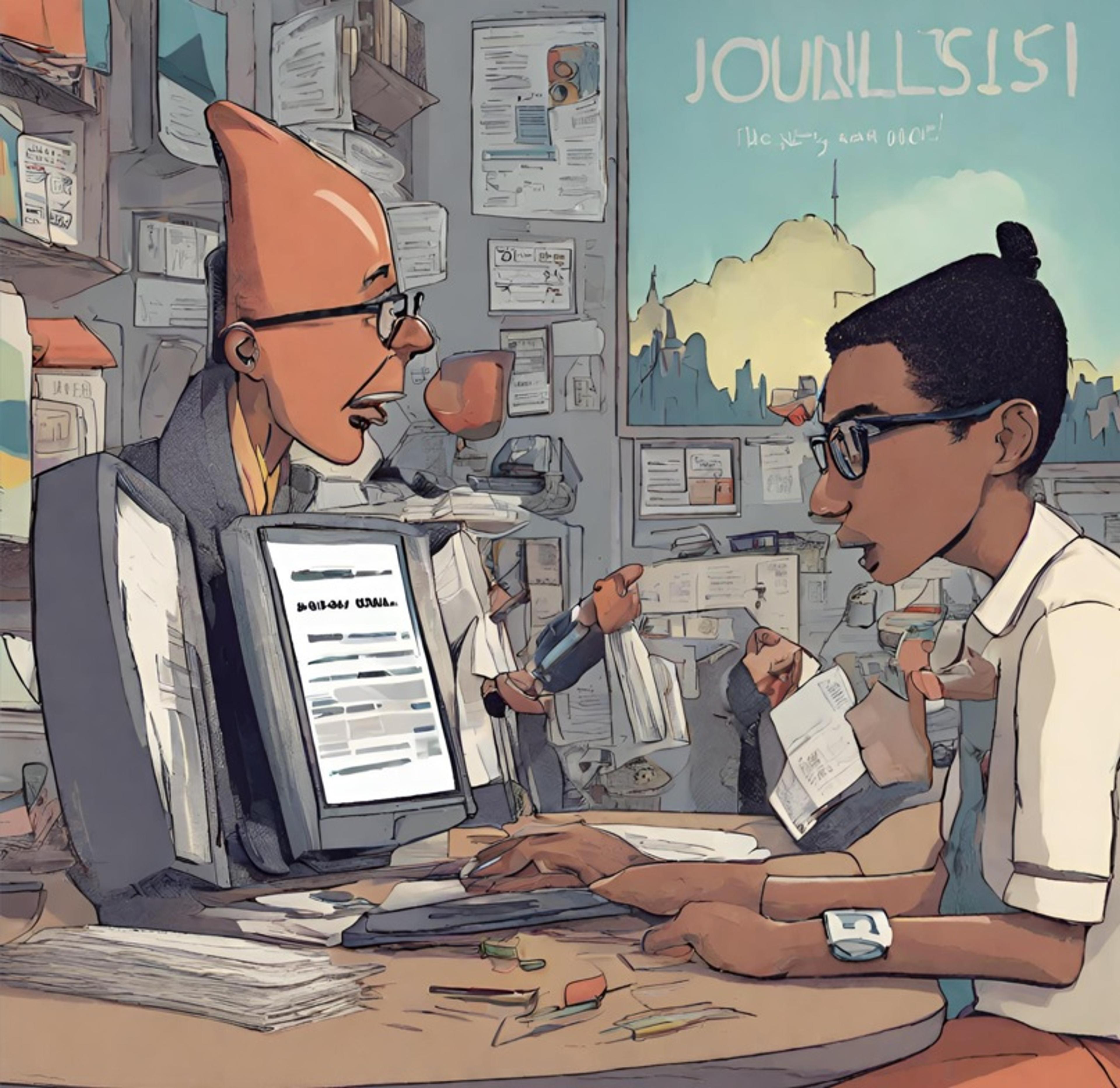'Journalism is not a crime' - reflections on the Thomson Reuters Foundation's Trust conference

Antonio Zappulla, CEO of Thomson Reuters Foundation speaking at Trust Conference 2023.
Thomson Reuters Foundation’s Trust conference provided a stark reminder of just how tough the world of journalism is right now. Mike Findlay-Agnew, Chief Executive of the International Network of Street Papers, provides some highlights.
- Opinion
Journalism is not, and should not be seen as, a crime. This was one of the many powerful messages landing on the ears of hundreds of media experts, journalists and editors, policy makers, government officials, legal experts, and others, as they gathered at the Thomson Reuters Foundation’s Trust Conference in London this October.
The ‘trust’ in this context not only refers to trust in journalists, but also extends to trust in governments and citizens, or indeed sometimes, and more accurately, the lack of trust between these groups being the root cause of many human rights violations and conflict.
It is a sobering and stark reality that many journalists are killed while on the field reporting. Just days before the conference, Reuters video journalist Issam Addallah was killed on the frontline on the Israel-Lebanon border by missiles fired for Israel. Issam is one of at least 21 journalists killed since the outbreak of the Israel-Gaza war, according to the Committee to Protect Journalists, who are defenders of the rights of journalists to report the news safely and without fear of reprisal.
The Turkish academic and Middle Eastern expert, Hatice Cengiz, gave her personal account of the murder of her fiancée, the Saudi journalist Jamal Khashoggi. “Jamal chose exile because he couldn’t use his pen and wasn’t respected for his professional experience,” she remarked.
Journalists in exile and imprisoned
We heard directly form Jodie Ginsberg, President of the Committee to Protect Journalists, about how journalists, like Jamal, are forced into exile just by doing their jobs.
Many countries fail to create environments where media in exile can flourish, and there has been a rise in recent years of support required for journalists in such circumstances, reflecting a growing number of journalists feeling their home countries.
She said: “We see a lack of an enabling environment that allows journalists to work. Quite often, you might get a journalist into a country on some kind of emergency visa, but they won’t have a work permit.
“A lot of the journalists that we work with say that only plays into the narrative of the government that has essentially forced them into exile, because then the government can effectively say, look at this person, they cannot work as a journalist anymore. It adds to the smear campaign against that journalist. They have to do something else.
“Finding ways that governments can ensure that there’s an enabling environment for those journalists to work is really, really key. And again, unfortunately, it is not something we see with frequency or consistency. Governments might do it for a particular country, like Ukraine, like Russia, but not do the same thing for example, for Afghan journalists.”
Throughout the conference, we heard many accounts of legal threats to journalists, and how collective efforts can be used to defend media freedom and democracy.
Addressing the audience was Sebastian Lai, son of the renowned pro-democracy campaigner, media entrepreneur and writer, Jimmy Lai. It was Jimmy Lai who founded Next Digital and Apple Daily, the popular independent Chinese language newspaper in Hong Kong, which was forcibly shut down by the Hong Kong authorities in 2021. British citizen Jimmy Lai has been imprisoned in Hong Kong since December 2020, and now awaits trial, which could lead to him spending the rest of his life behind bars.
His son Sebastian talked about how the scale and magnitude of ‘lawfare’ waged against journalists is silencing critical reporting on the truth. He is in an ongoing battle to free his father, who has, so far, been imprisoned for over 1,000 days in Hong Kong. Sebastien is leading the international #FreeJimmyLai campaign to secure his father’s release.
Sebastian comments: “It is heartbreaking that you have to justify this man who gave everything he has in order to stand up for liberty…
“If you are unjustly detained in another country, that is their responsibility. It doesn’t matter if you’re a publisher or a journalist. In terms of protecting journalists against lawfare, freedom of speech, is freedom of free press. The media underpins our democracy.
“A country that does not protect their citizens is not protecting their journalists against lawfare, because it means that if you hold a passport of a free country, you are not protected in another place if you get arrested.
“I really hope that the UK government speaks out on my father’s behalf and calls for his release.”
Moments of reflection
One of the most poignant moments at Trust Conference was a presentation of images by Reuters photojournalist Clodagh Kilcoyne, who explored the power of photojournalism to help to translate the reality of conflict across borders.
She described the devastating costs to life that people bear during conflict and natural disasters: “Civilians are always caught in the crossfire, and it is important to tell their stories because they pay the highest price.”
One example of this is the recovery of a Ukrainian women, Katarina, who was lying underneath a building turned to rubble during the conflict. After a gruelling five-hour extraction by emergency services, Clodagh remarks: “It was a moment of great hope for everybody on the ground. But so frequently in Ukraine, hope comes with terrible tragedy.
“We later found out that Katarina was deaf, so she could not call out for help. She did not hear the emergency services calling for her. And we later found out that her husband and her one-year-old child lay dead just meters away from her as well. She spent three days in sub-zero temperatures, and somehow survived.” The session was a real moment to pause. A moment for reflection.
AI and emerging technology
Generative AI tools have been dominating headlines and been the focus of much news reporting globally this last year. Fears of the risks of AI taking over our jobs, manipulating the truth, misreporting, and having ownership over us mediocre humans are all too commonplace.
Within our own global network of street papers, we have seen how AI is being used in the newsroom. Earlier this year, for example, the Big Issue South Africa introduced the world to Genevieve Stanley, its AI Guest Editor.
The boldness, and the sophistication, of AI-generated technology was met with some laughs by delegates at Trust Conference as we took a look at the infamous but fake picture of the pope in a white puffer jacket: a reminder to us that we too can be fooled, and that AI is here to stay.
We heard a challenge to the common ‘risk’ narrative on AI from Charlie Beckett, who is a Media Professor at London School of Economics & Political Science (LSE), and also Director of Polis, LSE’s journalism think-tank.
He said: “This is kind of, I suppose, an existential threat. But frankly, journalism has been facing existential threats for decades. And those threats are not just about tech, they are often about nasty politicians and repressive regimes. And increasingly bad actors out there who are populist politicians weaponising anti-media memes, as it were, for their advantage.
“I think many of these risks are important and they can be dealt with. You can do things like put your guidelines in place into your newsroom so that your staff understand what the risks are, but also the best practices to avoid harm, and also to reassure your audience, to reassure the public that you are aware of them too.”
There is no doubt that Trust Conference provided a stark reminder of how tough the world of journalism is right now. But on leaving the conference, there was a feeling of optimism in the air about the future role of journalism and how we can defend our democratic rights and freedoms.
For my own organisation and network - which consists of around 260 journalists and editors running 93 separate street paper organisations, across 35 different countries, with a collective aim of ending homelessness and poverty – I think that there is much learning we can take on board.
Not shying away from or being threatened by emerging technologies. Keeping up our responsible reporting on the social issues that matter including conflict, climate change, and legal battles. Championing under-represented groups and people that have been marginalised and ‘othered’ by society. And, maybe most importantly, holding governments and authorities to account.
Journalism should not be a crime, but to take away our freedom to report would be criminal.
By Mike Findlay-Agnew


